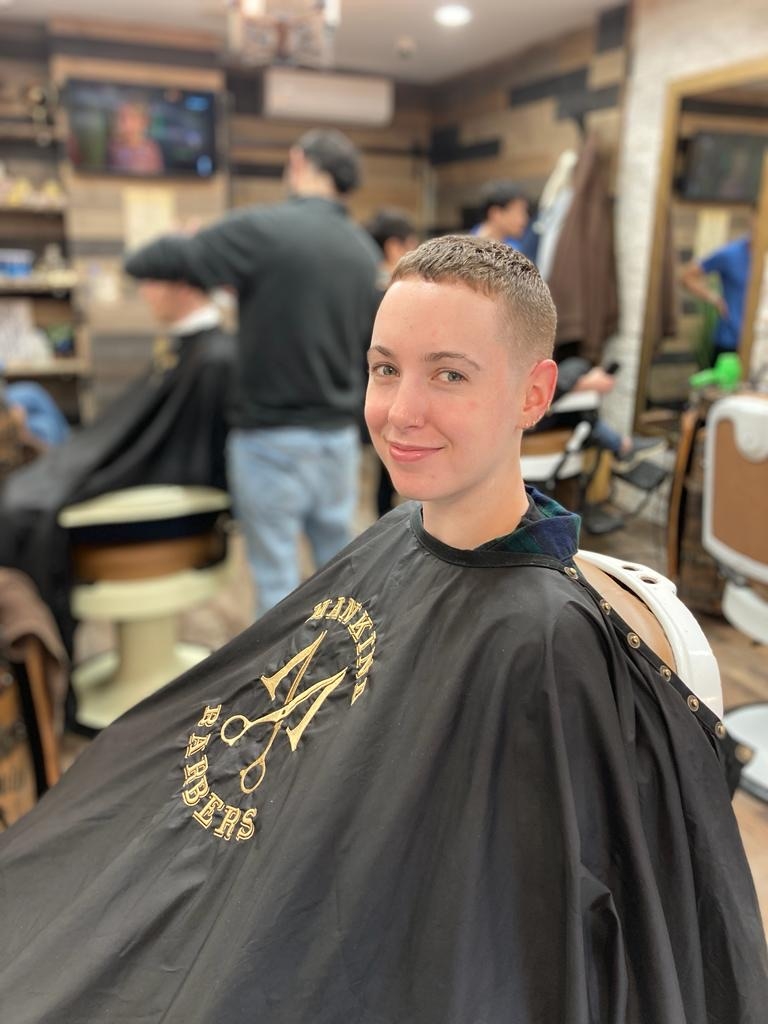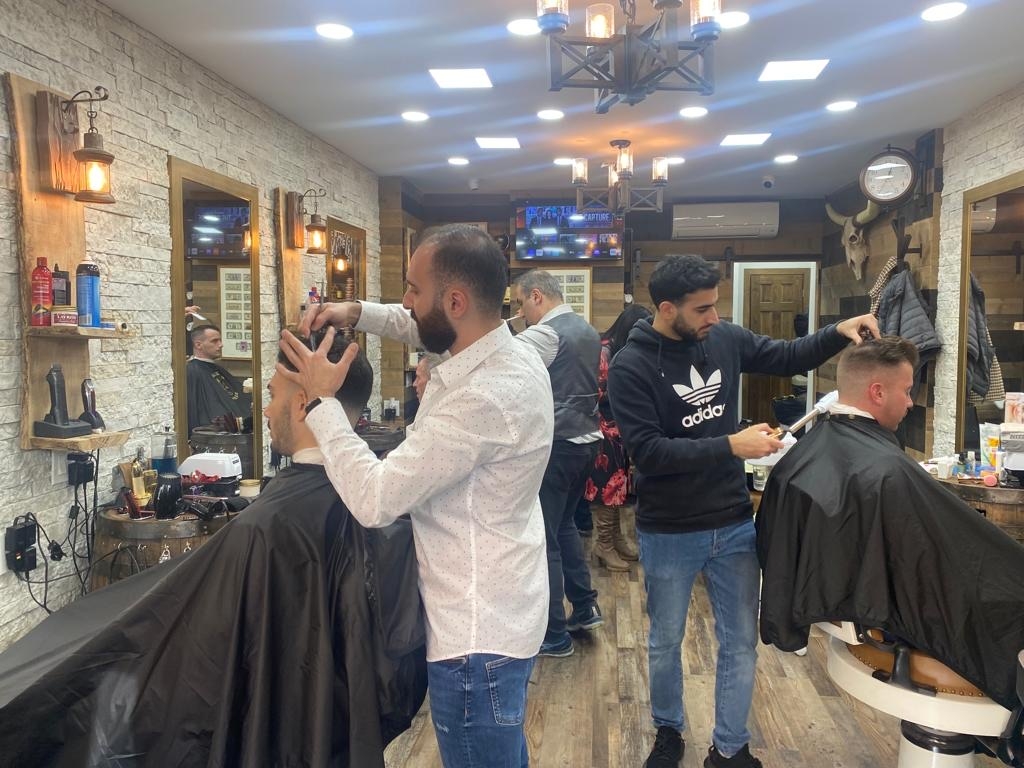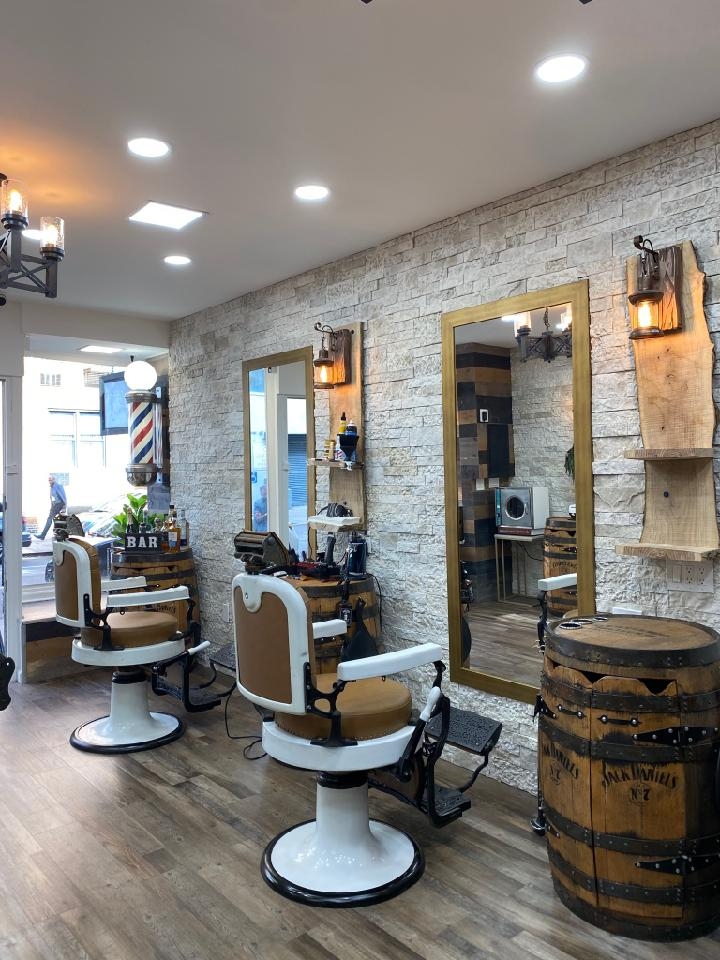Beard Maintenance During Travel
How can someone maintain their beard while traveling to different climates?
To maintain their beard while traveling to different climates, individuals can invest in a travel-sized beard grooming kit that includes essential products such as beard oil, beard balm, a comb, and scissors. It is important to regularly moisturize the beard to prevent dryness and itchiness, especially in dry or cold climates. Additionally, adjusting the grooming routine based on the climate, such as using a heavier beard balm in colder climates, can help keep the beard looking and feeling its best.



